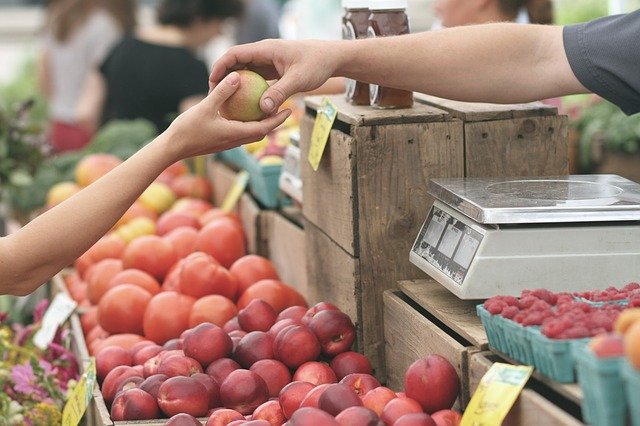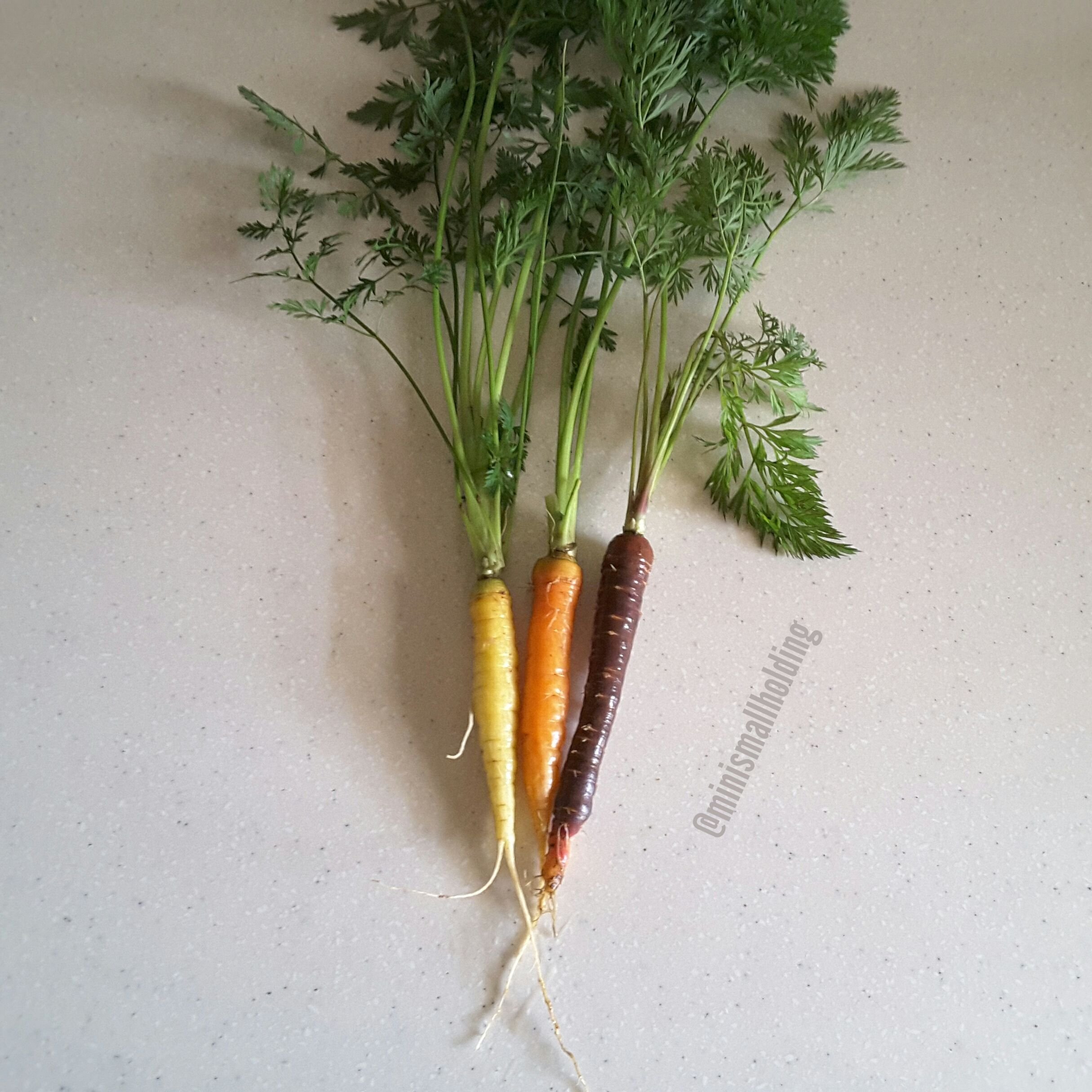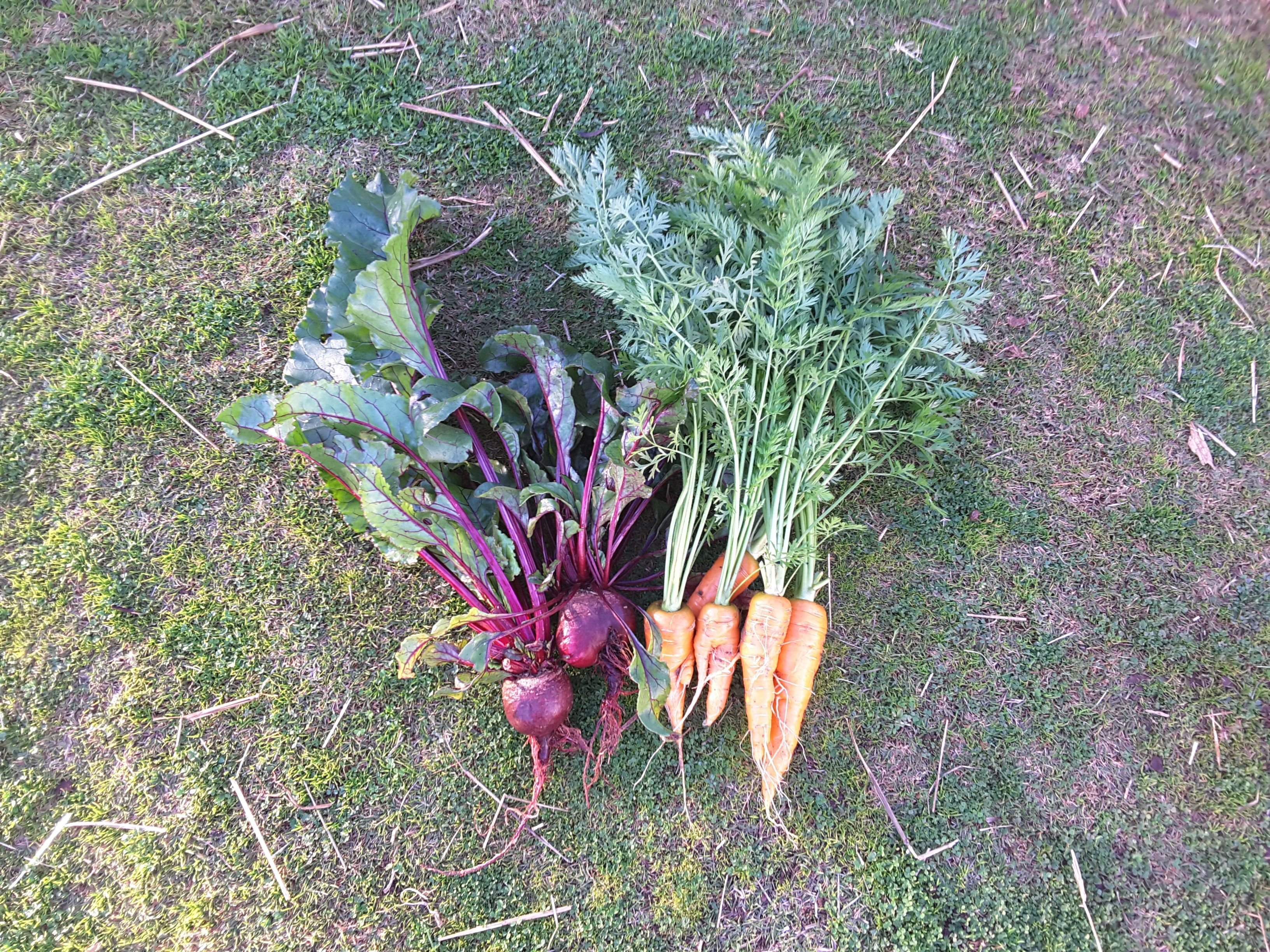In order to provide cheaper and cheaper food our farming industry has spiraled into animal abuse, land destruction, pollution and spraying foods with toxins. For me this is unacceptable and it's something I'd like to play a part in changing. More and more people are withdrawing their support for these farming methods yet they are still going strong. I don't believe any one method of withdrawing support for this industry is going to work short of enforced regulation which takes away more of our freedom of choice and this is just a slippery path to dictatorship.
So I want to go through some of the solutions that have been put into practise so far, look at the benefits and see what they don't address. Then maybe more ideas can be put forward to fill in the gaps and see if we can't put these destructive farming methods to bed once and for all.
Vote With Your Dollar:

source https://pixabay.com/en/apples-business-buy-deal-1841132/
This is one I'm hearing a lot lately as more producers turn to organic, ethical farming practices. For various reasons, the costs of raising food this way is higher, so the cost to the consumer is higher than from intensive farming.
So the idea behind voting with your dollar is that you withdraw your support for all farming methods that you don't approve of and give that support to humane, regenerative, sustainable and local practices. It's a great idea and is certainly expanding this market which is allowing more and more farms to make a living from organic and pasture raised foods.
However, the cost of these foods is beyond the reach of low income earners and people on the poverty line. Yes, some people can curb spending in other areas in order to redirect their income to better food, but many cannot as they are already struggling to afford food even with the best budgeting. Unfortunately, even in “wealthy” countries these people make up the largest portion of the population. So while this huge market is still there for cheap foods, intensive farming will continue to exist.
Go Vegan:

Eating a vegan diet withdraws support from all the intensive and abusive animal farming methods. It also creates less demand for the breeding and production of huge amounts of animals which cause air pollution via their digestive systems and ground pollution if their waste isn't managed correctly. In recent years there has been a huge shift towards vegan and vegetarian diets and in the western world pretty much every restaurant will have several vegetarian options on their menu and probably even a vegan one. That's an amazing change in just one generation.
Yet this still won't stop animal farming because you can't make everyone stop eating meat. As hard as it is for some vegans to hear there are even some people who cannot thrive without some meat in their diet. Not everyone's body can digest a plant only based diet well enough. Then there's also the fact that people just crave meat, eggs and dairy whether they need it or not, just like they crave sugar. Say what you want, you're not going to be able to stop everybody from choosing to eat it.
This also still doesn't address the problem of the people who live on the poverty line. While meat is expensive and going vegetarian or vegan will help in that regard, people choosing this lifestyle still come from all walks of life and they still may not be able to afford good organic food.
Grow Your Own:

With companies trying to cash in on the “organic” and “free range” market and using loopholes to describe products this way that aren't farmed how you'd expect, raising or growing your own food is starting to feel like one of the few ways you truly know how your food was grown. Growing your own veggies is also cheap, especially when grown from seed. If you can seed save as well then it becomes a money free venture! No matter how much room you have you can always grow something even if it's herbs in pots on your window sill. Every little bit grown reduces support for intensive farming methods or just means you might be able to enjoy something you couldn't normally afford. Of course the more land you have to grow in the more food you can provide from that land.
Food should be available for all and there are so many initiatives that are expanding from people growing their own food that could potentially make a huge impact on how we farm. I plan to go into more detail on them in another article.
So the limitations with growing your own food are obviously based on the amount of land you have. If you're a meat eater you're unlikely to be able to provide your own meat from the average suburban garden. You may not even be allowed to keep a few chickens for eggs and if you are, what do you do when they're no longer laying?
Brainstorming Time!
So now I'm just going to add some other thoughts and ideas on what else people could potentially do to feed themselves without supporting destructive farming methods. Please feel free to add your own suggestions in the comments. I'd love to hear them.
Foraging and hunting invasive species:
Some other options to get food that doesn't support destructive farming methods could be foraging and hunting introduced animals that are destructive to the native environment. Many countries spend a lot of time and money poisoning invasive species which can often cause just as much harm to the native species. Many of these plants and animals are edible though, so why not encourage people to eat them and they can try and pull the plants out while they're at it! Of course I'm under no illusions that many people would want to do this or have the time to do this. It's so much easier to go to the shops or get fast food! You'd also need to know what is edible and what is really NOT.
Foraging for native plants is also an option, but it's not something that should be done intensively as you don't want to risk stripping the natural environment. It might not hurt to spit those fruit seeds back out though and hopefully help the native plants to spread!
Of course these are all just ideas on how we can help ourselves to not support intensive farming. Individually they won't make much impact, but as we combine them they start to make more impact. However, if this way of farming is to stop, still more needs to be done to address the gaps. So next I'd like to explore ways we can reach out to provide others with ethically produced food.
You can also find us on:
Instagram: https://www.instagram.com/minismallholding/
Facebook: https://m.facebook.com/minismallholding/
YouTube: https://m.youtube.com/channel/UCBwcsmyIkW_hIEJdLUSd44g
